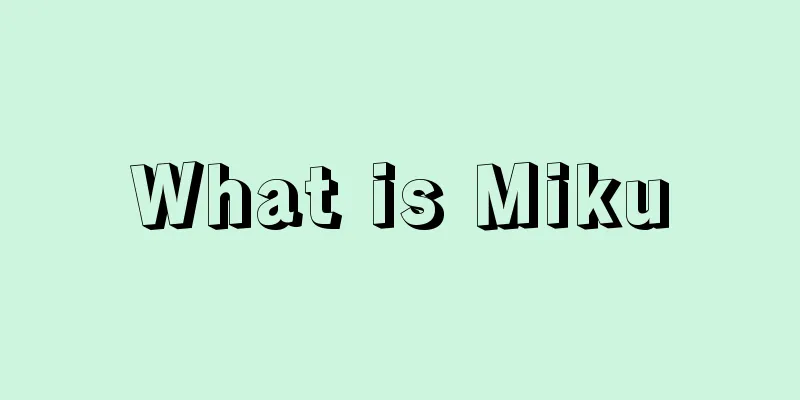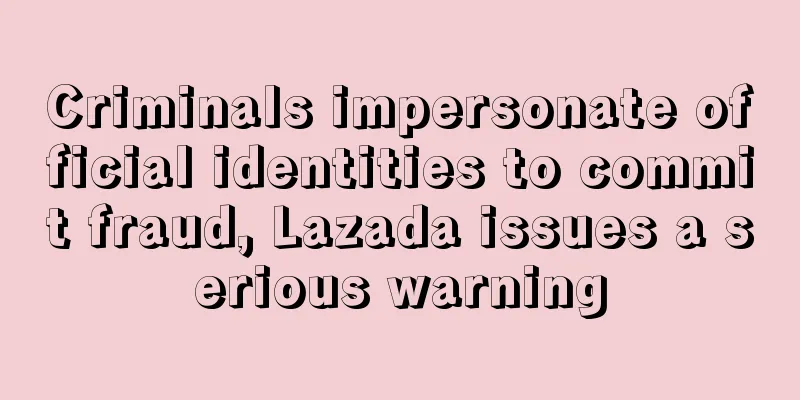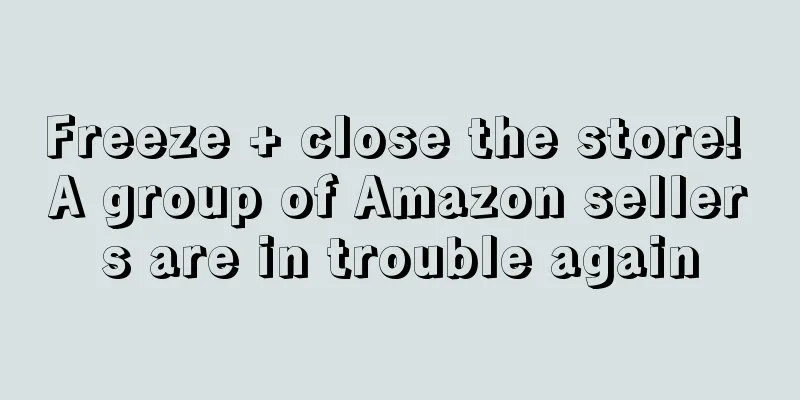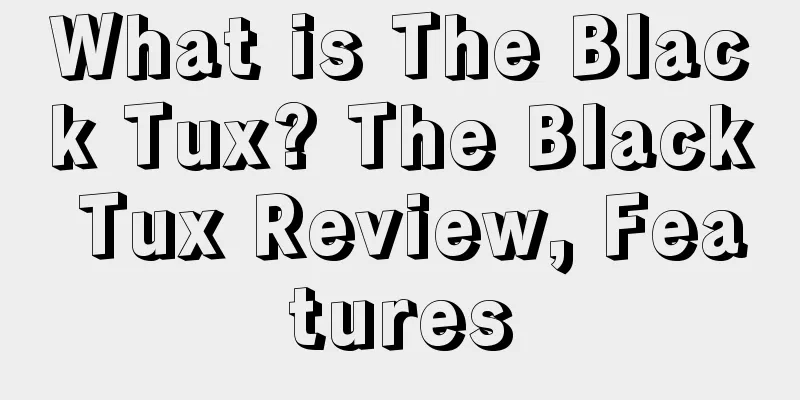What is WEEE Directive (EU Waste Electronic Equipment Directive)
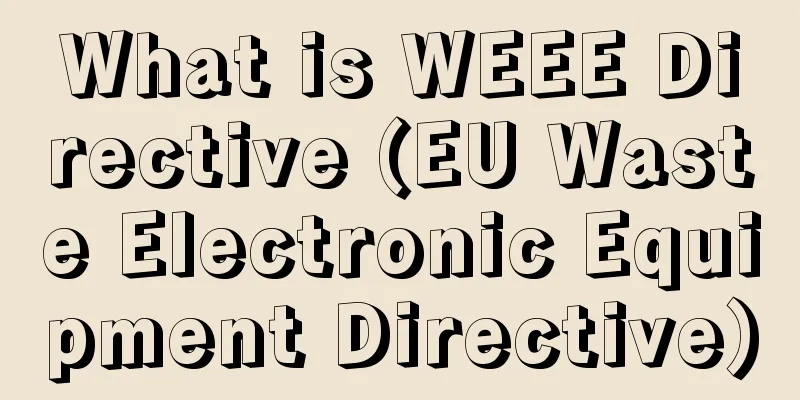
|
WEEE stands for Waste Electrical and Electronic Equipment (WEEE) Directive (2002/96/EC), which refers to the EU Directive on Waste Electrical and Electronic Equipment adopted by the European Parliament and the Council.
Core Content Since August 13, 2005, manufacturers of electronic and electrical equipment circulating in the EU market must legally assume the responsibility of paying for the recycling of scrapped products. At the same time, EU member states are obliged to formulate their own electronic and electrical product recycling plans and establish relevant supporting recycling facilities so that end users of electronic and electrical products can dispose of scrapped equipment conveniently and free of charge. Producer responsibility: Design environmentally friendly products, comply with ROHS directive requirements, and register with EU member states. Product identification requirements: producer name, production date and related marks (with recycling "WEEE" mark).
Applicable product range Large household appliances; small household appliances; IT and communication equipment; consumer electronic and electrical equipment; lighting equipment; electronic and electrical tools (except large fixed industrial tools); toys, leisure and sports equipment; medical equipment; testing and control instruments; vending machines. Excluded: Equipment, weapons, munitions and war materials related to the vital security interests of a Member State.
Logo WEEE Directive Implementation Schedule · February 13, 2003, the directive was published in the Official Journal of the European Union; On August 13, 2004, EU member states implemented national regulations; On August 13, 2005, manufacturers ensured that recycling systems were in place and equipment entering the EU market should be labeled with WEEE; By December 31, 2006, EU member states should ensure that the collection, recovery and recycling targets for waste electrical and electronic equipment are met; By December 31, 2008, EU member states should establish new targets for collection, recovery, reuse and recycling. WEEE Certification Process 1. Merchants fill in the German recycling registration application form 2. The merchant submits the form and the recycling company draws up a recycling contract. 3. Merchant’s signature; 4. The recycling company signs the contract and the contract becomes effective; 5. The merchant receives the bill and pays the bill; 6. The recycling company provides the contract and merchant registration information to EAR for review; 7. After EAR review, a WEEE code will be issued and the product will be entered into the German electronic recycling computer query system.
Development History -On December 3, 2008, the European Union issued a proposal to amend the WEEE Directive (2002/96/EC) and the RoHS Directive (2002/95/EC). -On September 3, 2009, the Secretariat of the Council of the European Union submitted new draft revisions of the RoHS Directive and the WEEE Directive to representatives of the EU member states. The new draft revisions reinserted Annex IA and Annex IB (categories of electrical and electronic equipment and lists of products in each category) and clarified and supplemented other contents. -On January 19, 2012, the European Parliament voted to approve the amendment to the Waste Electrical and Electronic Equipment Directive (WEEE Directive). EU Directive 2012/19/EC will require manufacturers to transition to a public scope and gradually establish recovery and recycling targets for all categories of electrical and electronic equipment.
Hot Events (Germany) Origin Electronic recycling laws play a vital role in protecting soil pollution and groundwater. All electronics manufacturers in Germany were required to register as early as 2005. As Amazon's strategic position in global business continues to improve, foreign electronic devices continue to pour into the German market through Amazon. In response to this situation, on April 24, 2016, the German Environmental Protection Department issued a law specifically targeting e-commerce, requiring Amazon to notify foreign e-commerce companies selling on the Amazon platform to register for electronic device recycling. Before obtaining the WEEE electronic device recycling code, Amazon must order merchants to stop sales. as a result of 1. If the product does not have a trash can with a slash through it printed on it, or if the product is not registered for recycling in Germany, the competitor will entrust a German lawyer to send a letter to Amazon, requesting that it stop selling the company's products, and apply for court proceedings to destroy all of the company's products on Amazon. 2. The listing is directly banned by Amazon. |
Recommend
Amazon seller made illegal profits of up to $18 million and will be sentenced to 22 years!
You can only feel at ease if you make money. You ...
20 million people, 2.4 trillion won... Coupang's latest data for January revealed
South Korean e-commerce giant Coupang is currentl...
Sales to reach £1.7 billion! What will the British buy for Easter?
New research suggests that UK shoppers will spend...
What is Orange Wheat Technology Agency Operation? Orange Wheat Technology Agency Operation Review, Features
Xiamen Chengmai Technology Co., Ltd. was co-founde...
What is Tribesigns? Tribesigns Review, Features
Founded in 2010, Tribesigns is a brand specializi...
What is Foodies Feed? Foodies Feed Review, Features
Foodies Feed is a free food-themed photo gallery....
Insufficient income! Are Amazon workers in the United States still living below the poverty line?
In separate letters to Amazon CEO Andy Jassy, D...
I lost 1 million yuan on Amazon! Seller: I will definitely make money in 2023
Don’t worry, you are not the only one doing year-...
What is VASAGLE? VASAGLE Review, Features
VASAGLE is an independent brand under Zhengzhou Z...
The United States plans to issue new regulations! Directly related to Amazon and third-party sellers
According to eMarketer statistics, Amazon's e...
Clubhouse downloads reach 13 million! Sellers can use it like this...
Some time ago, Clubhouse became popular. It is cu...
Another e-commerce platform in the United States is facing bankruptcy, and is the blame directed at Amazon?
The overseas market has been cold this year, with...
Sellers, please note! Walmart has opened an international channel, no need to provide a US address and tax number
It is reported that Walmart recently announced th...
What is Bank Fric? Bank Fric Review, Features
Bank Fric is a digital bank in Liechtenstein, Eur...
Net profit of 3.8 billion in three months, small gloves leverage big performance
Recently, Intech Medical released its first quart...



